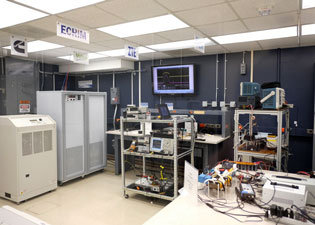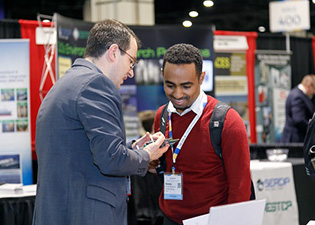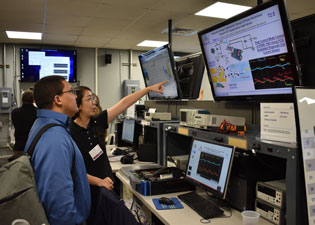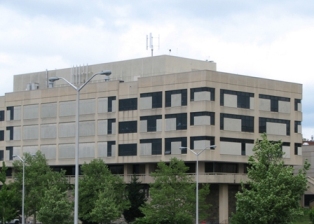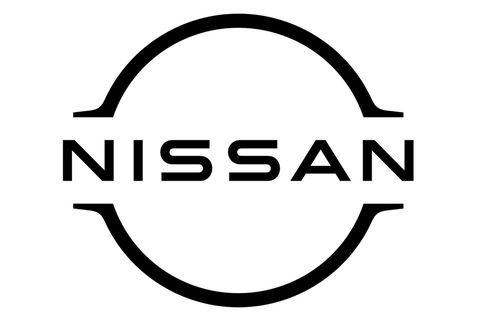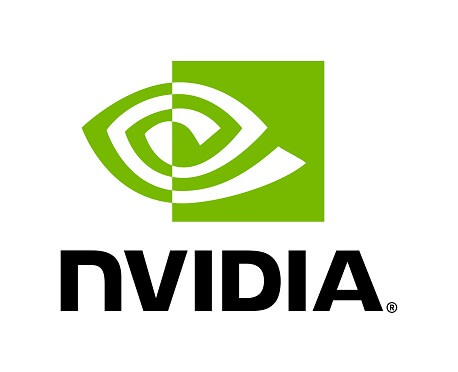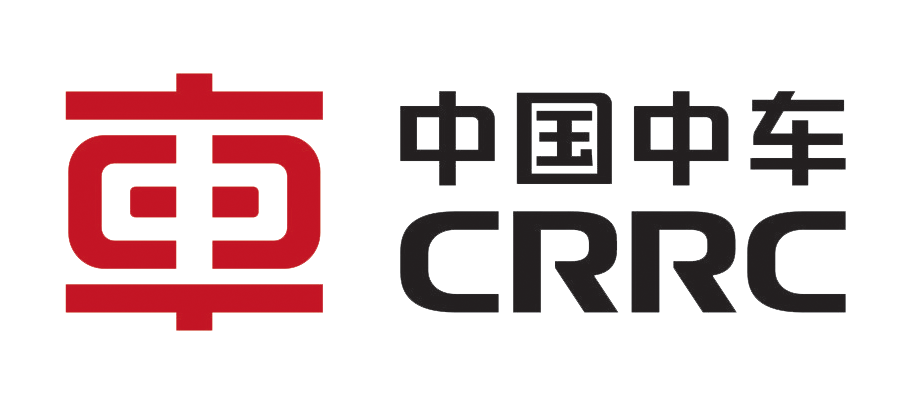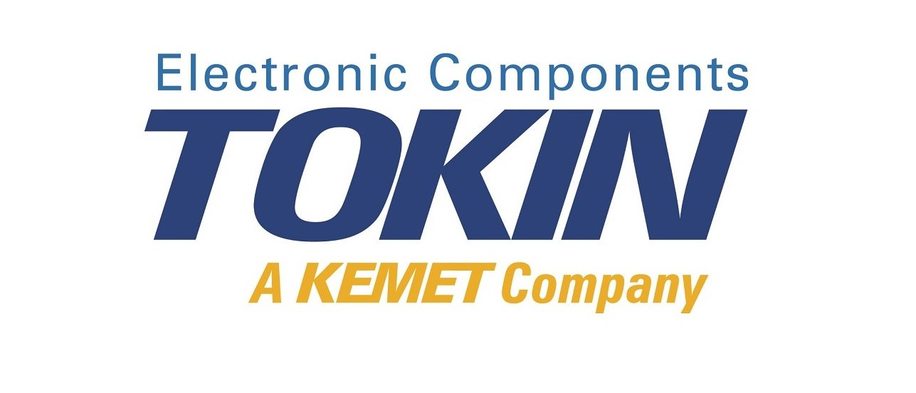RESEARCH
Technology Areas
MODELING AND CONTROL

CPES has historically been at the forefront of power electronics developing advanced modeling and control tools for the design and synthesis of advanced power conversion systems. From its pioneering work in the early 1970’s on space and aircraft applications and the back-then nascent telecommunication industry, to the development of power- electronics-only electrical distribution systems for next and future generation data-processing systems and vehicular power systems, CPES has been a true keystone in the power electronics field.
The group has developed a panoply of power conversion models that have unveiled the operation of otherwise complex switching and passive electrical networks, rendering them fully tractable and intelligible for the development of sound time- and frequency-response based control strategies. These models enable the seamless study and analysis of the operation of control strategies and their impact at the device, power converter, and power system levels.
Some key CPES accomplishments in this area are
- The PWM-switch model for a variety of current mode controllers.
- Average and small-signal models for dc-dc converters under continuous and discontinuous operating modes, for peak, average and one-cycle current controls, and current- and voltage-mode controls, including paralleled and interleaved dc-dc converters valid for low and frequency ranges beyond half of the switching frequency.
- Synchronous d-q frame average and small-signal models and controls for multi-phase and multi-level ac-dc, dc-ac and ac-ac PWM power converters and synchronous d-q frame average models of multi-phase multi-pulse ac-dc rectifiers.
- Stability theory and prediction of dynamic interactions for dc, hybrid dc-ac, and ac power electronics distribution systems with high penetration of regulated power converters (constant power loads).
- Hierarchical modeling of large power electronics conversion systems for data centers, distributed generation and vehicular power electronics systems for the study of power quality, small- and large-signal stability.
- Terminal-behavior characterization and black-box modeling of power electronics components for the prediction of low frequency dynamic interaction and converter performance and for the prediction of conducted electromagnetic interference (EMI).
Related CPES Research Volumes
- Modeling, Analysis, and Design of PWM Converters (Volume II)
- Power Electronics Components and Circuit Modeling and Analysis (Volume VI)
- Integrated Power Electronics Module - a Building Block Concept for System Integration (Volume X)
- Systems-Based Power Electronics Integration Technology (Volume XIII - Book 1)
- Systems-Based Power Electronics Integration Technology (Volume XIII - Book 2)


